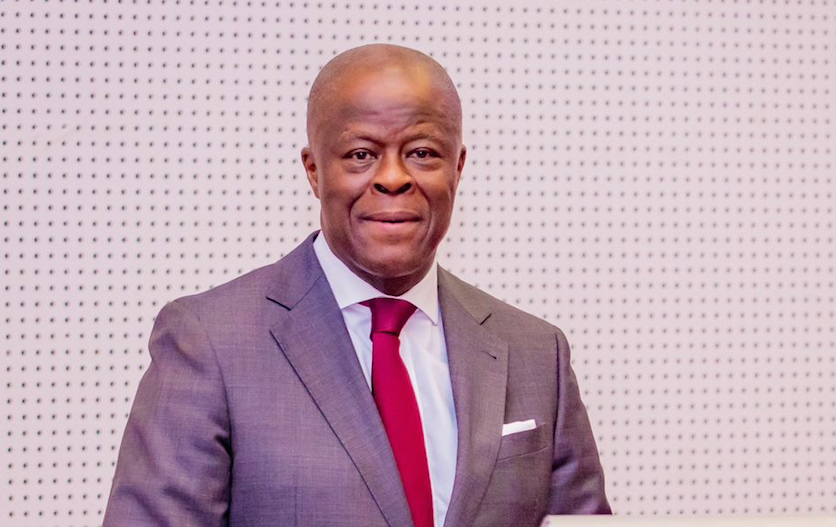The Federal Government has reaffirmed its unwavering commitment to the implementation of the Crude and Refined Product Sales in Naira initiative, describing it as a strategic, long-term policy aimed at bolstering Nigeria’s energy independence and easing pressure on foreign exchange reserves.
The assurance was given on Wednesday during a high-level meeting of the Technical Sub-Committee in charge of the policy’s rollout. The session brought together top government and industry players to review progress and address challenges since the policy’s launch.
Among those in attendance were Minister of Finance and Coordinating Minister of the Economy, Wale Edun—who chairs the main Implementation Committee—Executive Chairman of the Federal Inland Revenue Service (FIRS), Zacch Adedeji, who also heads the Technical Sub-Committee; CFO of NNPC Limited, Dapo Segun; representatives from NNPC Trading, Dangote Refinery, the Central Bank of Nigeria (CBN), Afreximbank, Nigerian Ports Authority (NPA), and petroleum regulatory bodies (NUPRC and NMDPRA), alongside Committee Secretary Hauwa Ibrahim.
Stakeholders at the meeting unanimously reaffirmed that the policy, already approved by the Federal Executive Council (FEC), is not a temporary measure but a permanent part of Nigeria’s broader economic transformation agenda.
“This is not a pilot project or short-term fix,” said Edun. “It’s a critical national policy designed to strengthen our economy, deepen Naira usage in strategic sectors, and advance our energy self-sufficiency goals.”
While acknowledging that the rollout has encountered operational challenges, the Committee assured that these are being addressed through coordinated efforts across all relevant agencies and private sector partners.
“The policy is solidly on course,” Adedeji stated. “Thanks to our collaborative framework, we’re able to tackle any issues strategically and efficiently.”
By denominating crude oil and refined petroleum transactions in Naira, the government aims to reduce demand for foreign currency, support the Naira, and enhance the resilience of the domestic energy market.
Officials emphasized that the policy will remain in place for the long haul—as long as it continues to serve Nigeria’s economic interests and drive progress toward a more self-reliant energy sector.


